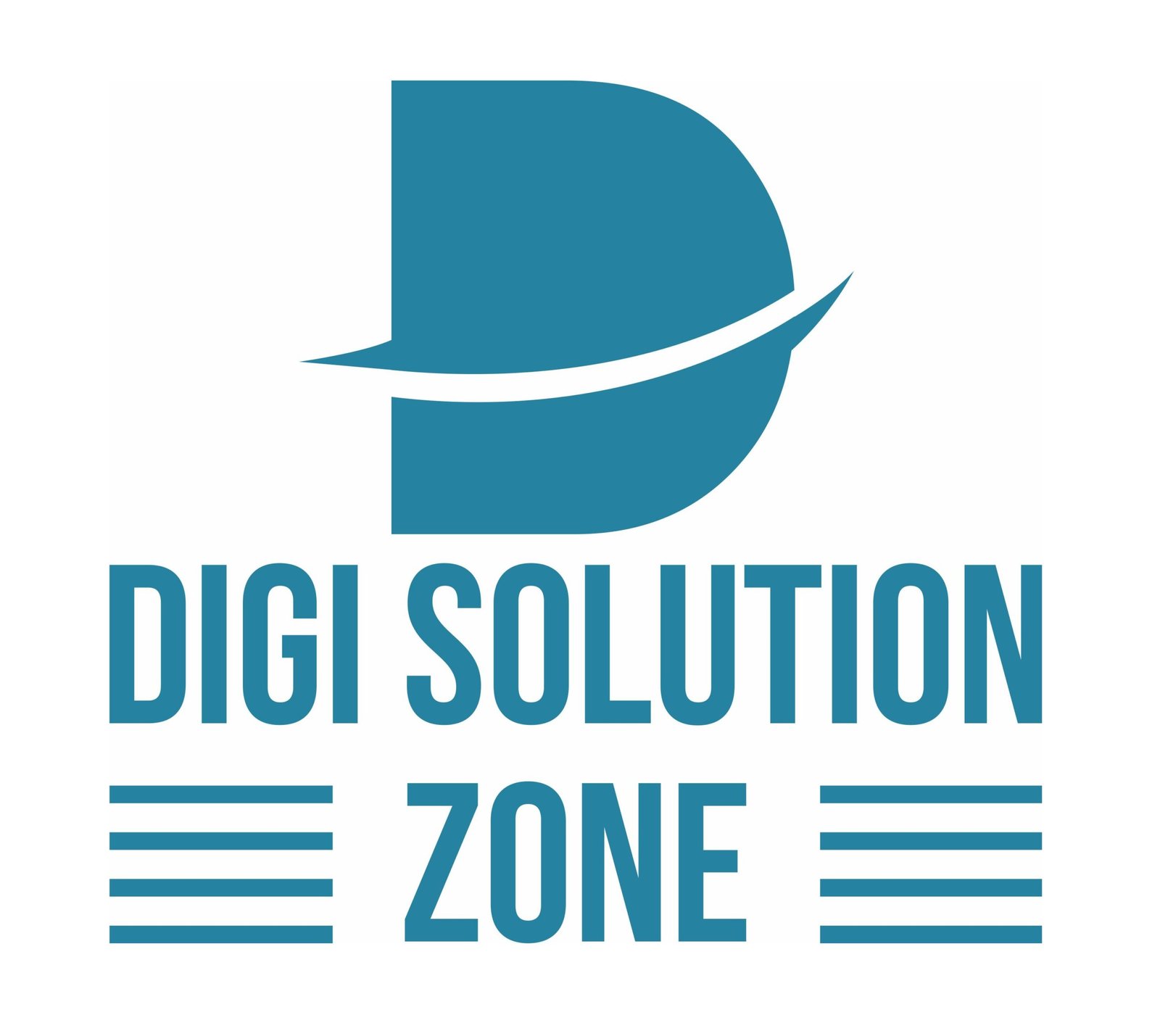In today’s connected world, your business relies on fast, secure, and stable data communication. Whether you’re running a corporate office, a hospital, a retail chain, or an educational institution, your entire IT ecosystem depends on one critical foundation — a well-designed network cabling system. Professional network cabling services ensure that your infrastructure supports high-speed communication, reliable data flow, and future expansion with zero downtime.
A properly structured network is not just about connecting devices; it’s about enabling productivity, performance, and business growth. From design and installation to certification and maintenance, expert cabling solutions lay the groundwork for everything digital your company does.
What Are Network Cabling Services?
Network cabling services encompass the design, installation, and maintenance of the physical infrastructure that connects your organization’s IT equipment — from computers and printers to servers and routers. These cables form the “nervous system” of your network, allowing smooth communication and data transfer across departments and devices.
Professionally installed cabling ensures optimal signal strength, speed, and reliability — whether it’s through copper (Cat5e, Cat6, Cat6A) or fiber optic cables. Businesses that invest in structured cabling early on enjoy fewer technical issues, easier scalability, and reduced maintenance costs in the long term.
The Importance of a Well-Structured Network Infrastructure
Inconsistent or poorly installed cabling can lead to performance issues such as slow connections, data loss, and frequent downtime. On the other hand, structured cabling creates a single, organized system that supports your entire IT network efficiently.
Here’s why network cabling services are essential:
- Increased Reliability: Reduces network interruptions and latency issues.
- Scalability: Makes future expansion or system upgrades simple and cost-effective.
- High Performance: Supports faster data transfer and better network speed.
- Aesthetics and Safety: Eliminates messy wires and ensures compliance with electrical and building codes.
- Long-Term Value: Professional cabling lasts longer and minimizes operational costs.
Key Components of Professional Network Cabling Services
- Structured Cabling Design & Installation
Certified technicians analyze your space, data needs, and future growth goals before designing an efficient cabling layout. They plan cable routes, labeling systems, and connectivity points to ensure long-term functionality and flexibility. - Fiber Optic Cabling
For organizations requiring ultra-high-speed connections or long-distance communication, fiber optic cabling is the ideal choice. It offers superior bandwidth, minimal signal loss, and greater resistance to interference compared to copper cables. - Data Center Cabling
The data center is the nerve center of any business network. Expert cabling teams manage server racks, patch panels, and power distribution for maximum efficiency and reduced downtime. - Voice and Telephone Cabling
Voice communication remains vital in business. A well-installed telephone cabling system ensures clear, consistent connectivity and seamless integration with VoIP or PBX systems. - Wireless Network Integration
Even wireless systems rely on wired cabling for access points (WAPs). Proper cabling installation ensures strong Wi-Fi coverage throughout your building, reducing dead zones and improving connectivity. - Testing and Certification
After installation, technicians test every cable for performance, speed, and compliance. Documentation and certification reports provide assurance that your infrastructure meets all industry standards (EIA/TIA, ISO, and NEC).
Industries That Rely on Network Cabling Services
Modern industries depend heavily on data communication and cannot afford network instability. Professional cabling services are essential for sectors such as:
- Healthcare: For secure patient records, imaging systems, and telemedicine.
- Education: Supporting e-learning platforms and campus-wide internet access.
- Corporate Offices: Managing communications, cloud systems, and remote collaboration.
- Retail: Powering POS systems, security cameras, and digital displays.
- Manufacturing: Connecting IoT devices, automation tools, and monitoring systems.
Each industry has unique requirements — and skilled technicians tailor the cabling solution accordingly for optimal performance.
Why Choose Professional Network Cabling Services?
Partnering with a certified cabling provider brings peace of mind and long-term performance. Here’s why businesses choose professionals instead of DIY setups:
- Expert Knowledge: Professionals understand structured layouts, proper routing, and cable management best practices.
- Quality Materials: Certified cables and components ensure signal integrity and durability.
- Regulatory Compliance: Adherence to national and local electrical and safety codes.
- Future-Proofing: System designs allow upgrades without complete rewiring.
- Warranty and Documentation: Proper certification and labeling make future troubleshooting easier.
Professional installation is not just about connecting devices — it’s about ensuring every connection is optimized, reliable, and easy to manage.
The Process – From Planning to Maintenance
A reputable network cabling services provider follows a structured process to guarantee quality results:
- Site Assessment: Evaluating current infrastructure and identifying needs.
- Design and Planning: Creating detailed blueprints with scalability in mind.
- Installation: Installing and labeling all cabling components with precision.
- Testing and Certification: Verifying data integrity, speed, and compliance.
- Ongoing Maintenance: Regular inspections to prevent potential issues.
This comprehensive approach ensures minimal disruption during installation and long-term reliability after completion.
The Future of Business Connectivity
As technology evolves, so do the demands on your network. Cloud computing, smart devices, remote collaboration, and video conferencing require more robust infrastructure than ever before. Investing in quality network cabling today prepares your business for tomorrow’s innovations — from 5G connectivity to AI-driven automation.
A reliable cabling system is not just a technical asset — it’s a strategic business advantage. It ensures that your teams stay connected, your data remains secure, and your operations run efficiently at all times.




